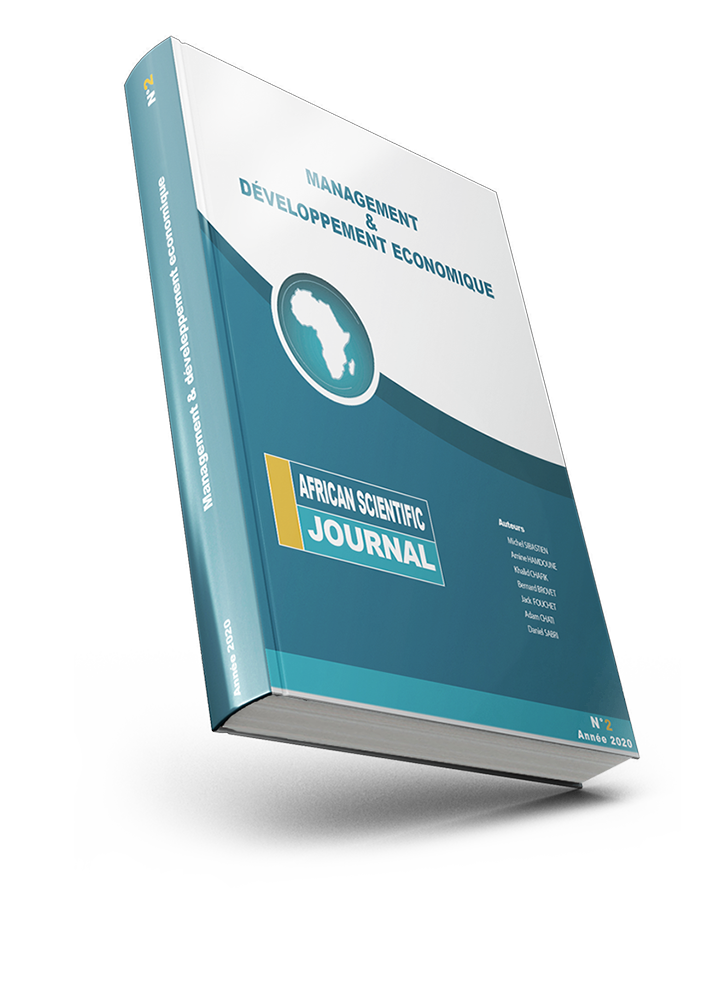Determinants of the employability of young graduates in Togo
DOI:
https://doi.org/10.5281/zenodo.7836025Keywords:
Employability, young graduates, sectors of activity, TogoAbstract
This article examines the determinants of the employability of young graduates in Togo. The methodological approach used is based on binary logit and multinomial logit models. Data from Togo's 2017 Integrated Regional Survey on Employment and the Informal Sector served as the basis for this study. The results of the binary logit model reveal that the age range of 25-35 years and marital status positively affect the employability of young graduates of both sexes. Also, being the head of a household motivates young people to look for work more. On the other hand, being a female graduate, a disabled graduate, or having a higher level of education reduces the chances of getting a job in Togo. About the choice of sector of activity of young graduates, the multinomial logit model estimates reveal that young people aged 25-35 in Togo choose the primary sector less than other sectors. At the same time, young women are more likely to be employed in the secondary sector. Thus, for a better employability of young graduates in Togo, it would be desirable to implement the economic policies adapted to gender and to the preferred sectors of activity.
Downloads
Published
How to Cite
Issue
Section
License
Copyright (c) 2023 African Scientific Journal

This work is licensed under a Creative Commons Attribution-NonCommercial-NoDerivatives 4.0 International License.





















